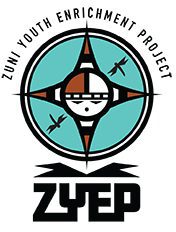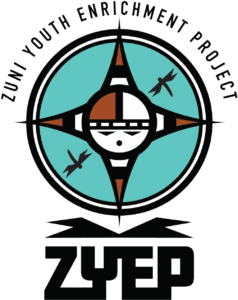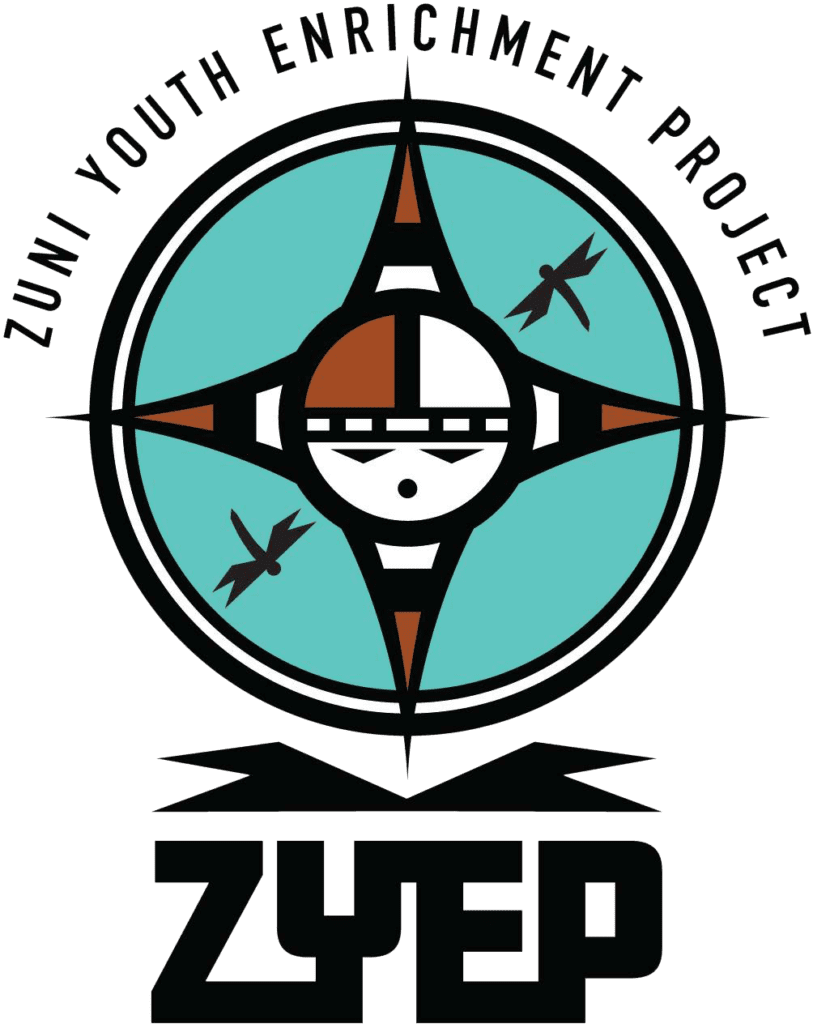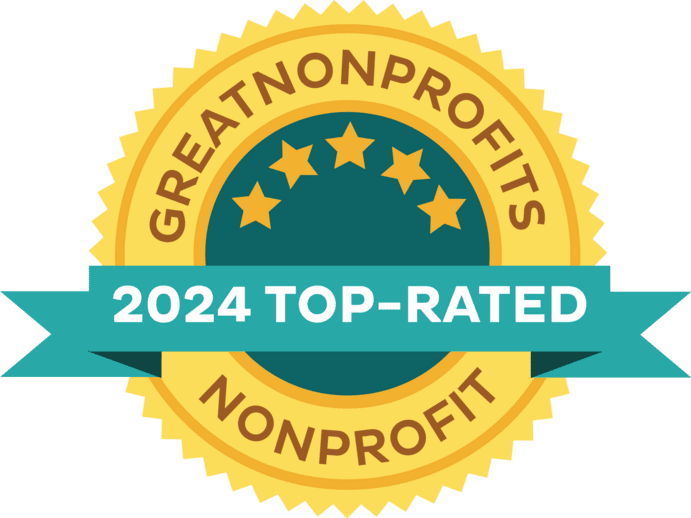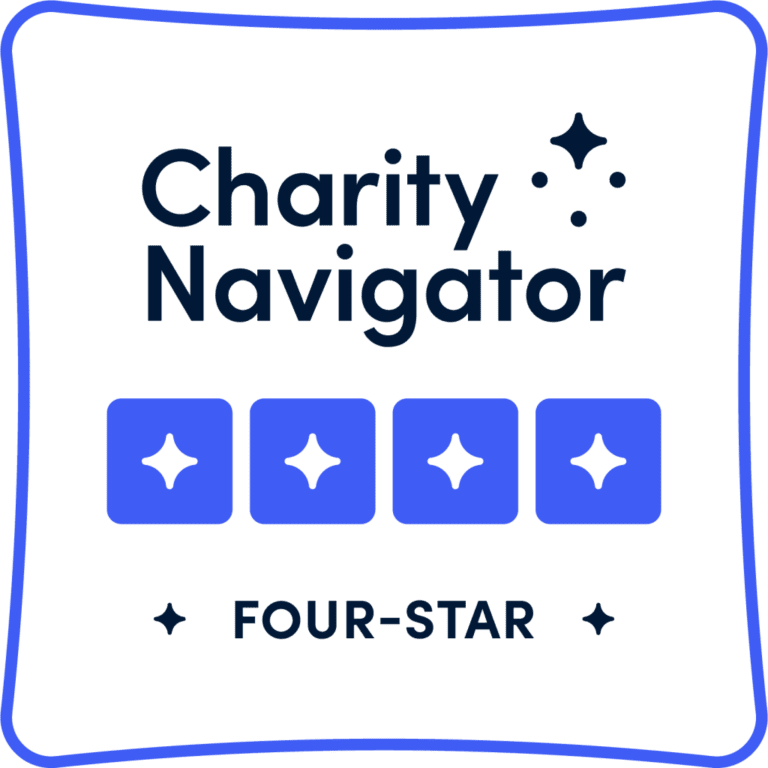ZUNI, NM (Feb. 18, 2022) — Together with Ho’n A:wan Productions, ShiwiSun Productions, and the A:shiwi A:wan Museum and Heritage Center, the Zuni Youth Enrichment Project unveiled its 4th annual Delapna:we Oral History Project at 6 p.m. on Friday, Feb. 11 and Saturday, Feb. 12. The nonprofit youth organization hosted the feature film “Zuni Turkey Maiden” on Facebook Live, allowing audiences to share the experience from their homes.
Delapna:we are traditional oral stories that were a form of entertainment, intergenerational bonding, and education for Zuni people in the past. In its first two years, the Delapna:we Oral History Project involved live theater performances, but due to the Covid pandemic, the team turned to animations for the 2021 project.
“We knew we had to find a way, because the community looks forward to this every year,” said Keith Edaakie, the project’s leader and director. “The pandemic is still with us, so this year, we wanted to keep things safe but also have face-to-face contact with kids. We’ve all been yearning for that. So we decided to do a film.”
Filming took place in the local Zuni community and in New Mexico’s Chaco Culture National Historic Park. Curtis Quam, from the A:shiwi A:wan Museum and Heritage Center, connected ZYEP with Supervisory Park Ranger Nathan Hatfield at Chaco Canyon so the team could get a permit to film at Chaco.
“We were approved, and we were all incredibly excited to have the opportunity to take a group of our cast members there in January,” said Andrea Pepin, ZYEP’s program manager. “Chaco is a site of cultural relevance for the Zuni people; it’s an important part of their migration story. Filming scenes in a place with such meaning was a powerful moment for all those involved.”
Quam has been involved with the Delapna:we project since the beginning. In 2018, he approached ZYEP to find a way to bring oral history to life through theatrical performance art; the first performance took place in February 2019, within the strict storytelling timeframe required to meet Zuni cultural protocols.
“The museum was lucky to come across some archive stories, and I took the initiative to digitize more than 380 hours of elders who were recorded in the 1960s,” Quam explained. “After contacting a few teachers, we experimented by playing the stories for the kids, and it was apparent that the kids didn’t understand the stories since they were in the Zuni language. From that experience, I’ve tried different ways to bridge that learning gap. The biggest effort has been with H’on A:wan Productions plays, animations, and film.”
Pepin said that ZYEP and its community partners have made great strides in their Delapna:we work to connect youth to culturally significant experiences and places like Chaco Canyon, which helps ensure that the tradition of storytelling continues in the Zuni community.
Quam agreed, adding, “I enjoy learning and teaching things that are important to our Shiwi self-identity. If the culture is to endure major outside influences, we need to show our community why and how.”
Elroy Natachu Jr. and Kandis Quam, ZYEP’s art coordinator and art leader, created traditional clothing for the performers, which added authenticity to the story and helped convey what Pueblo of Zuni life looked like years ago. Tahlia Natachu, director of development, said she hopes the film encourages families to have conversations around the importance of Zuni culture, values, and language.
“We still have a lot of work to do, especially with incorporating as much Zuni language as possible, but we’re hoping we are creating an environment in which our youth feel comfortable practicing the language and understanding the importance of all this,” Natachu said. “We also hope they are gaining positive role models that they can lean on for support during and after the program. We want our young people to know that their entire community cares about them.”
“I grew up learning Zuni first and then English at school,” Edaakie said. “But for a lot of kids now, it’s the opposite, and that creates unique challenges. With our project, we utilize the language in our stories and scripts, and we want to give our kids a safe space to practice and speak.”
Quam observed that, in the modern era, it’s all too easy to bypass traditional stories and cultural identity by turning on the TV or logging into the virtual world. The older generation has fond memories of hearing elders talk with their nuclear and extended families about those traditional stories and life milestones, but such activities are being replaced.
“Communication in any language on core values is becoming less common within our community,” he said. “While stories cannot support the culture alone, they can help. We can help shape the future by utilizing our past.”
Of the Delapna:we project, he noted, “I feel we are in a blessed position to use modern tools and platforms to keep our culture and language relevant. My favorite experience has been seeing community members engaging, and refining ownership of where Zuni is going in the future. We now have a shared experience of Delapna:we.”
To learn more about the Zuni Youth Enrichment Project and its programs, and for information about making donations, partnering with ZYEP, and volunteering, call (505) 782-8000 or visit zyep.org. And, to stay up to date on the latest news and events, follow the nonprofit youth organization on Facebook (/zuniyouthenrichmentproject), Instagram (@zuniyouthenrichmentproject), and YouTube (/ZuniYouth).
Founded in 2009, the nonprofit Zuni Youth Enrichment Project is dedicated to promoting resilience among Zuni youth so they will grow into strong, healthy adults who are connected with Zuni traditions. ZYEP fulfills its mission by providing positive role models, enriching programs, and nurturing spaces that contribute to the healthy development of Zuni youth. ZYEP strives to provide every child with the encouragement and opportunities they need to reach their full potential.
